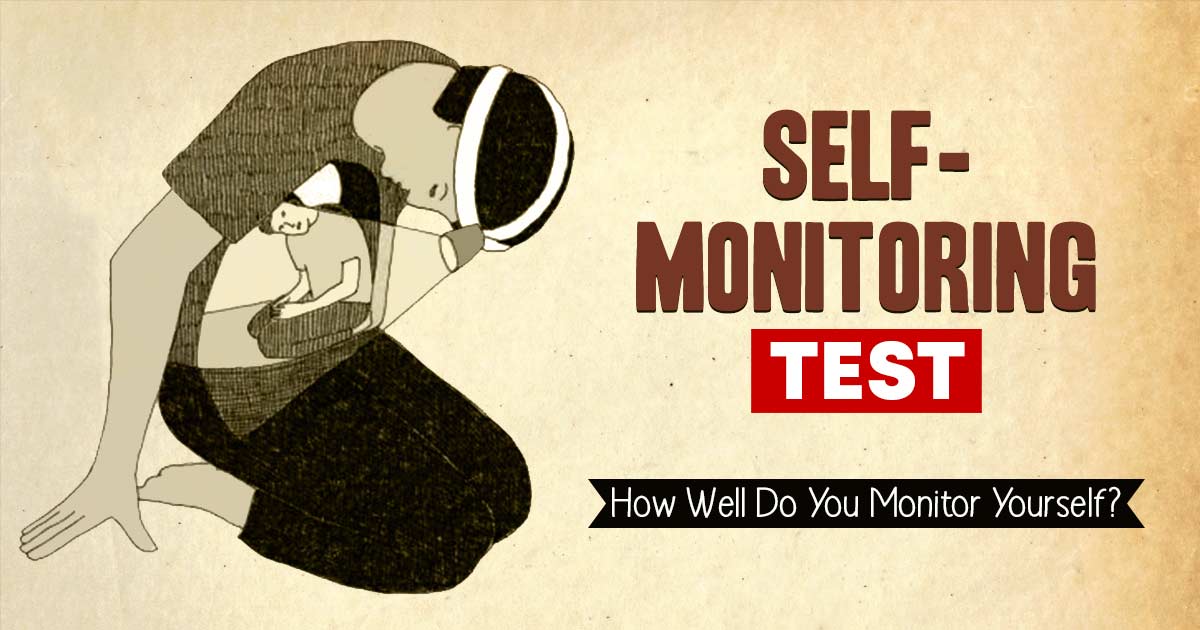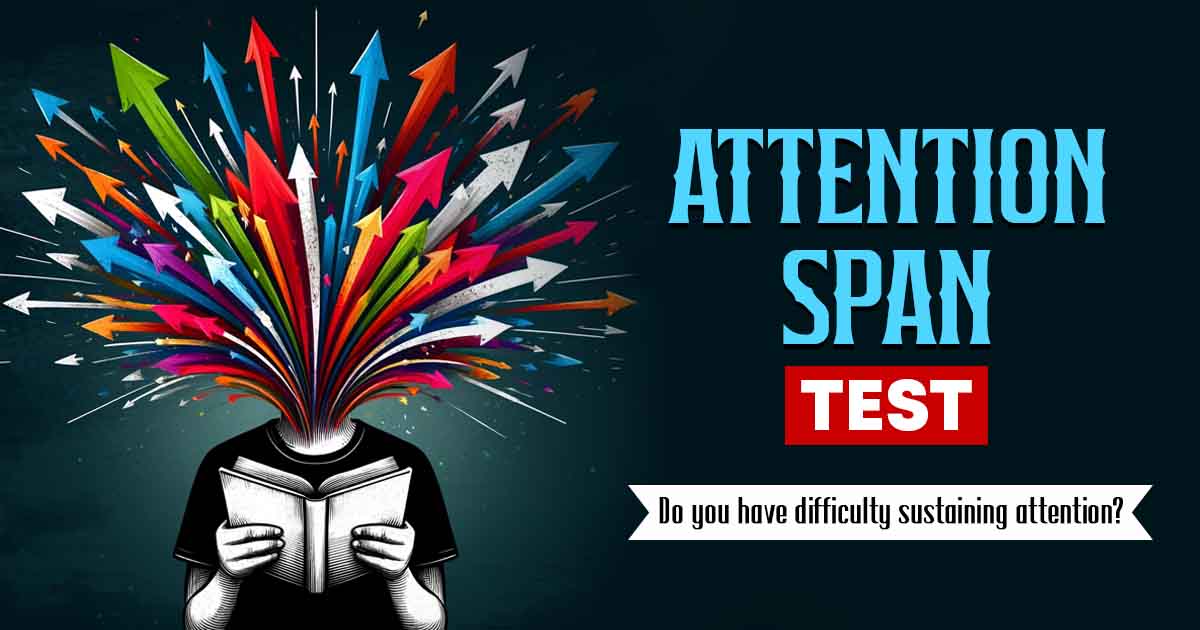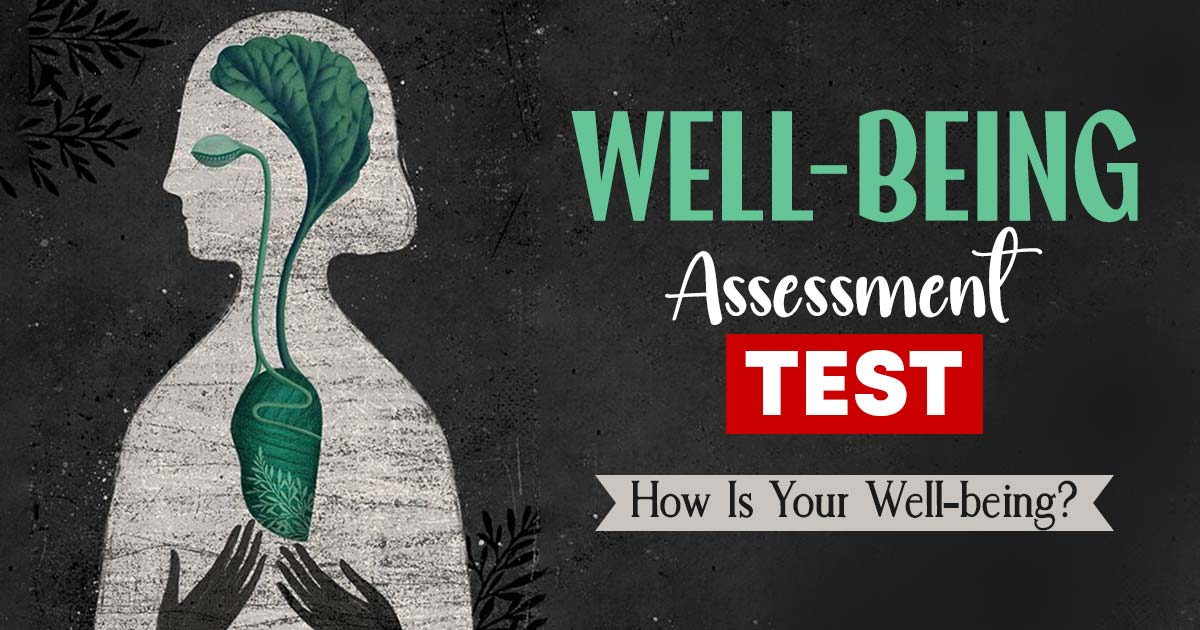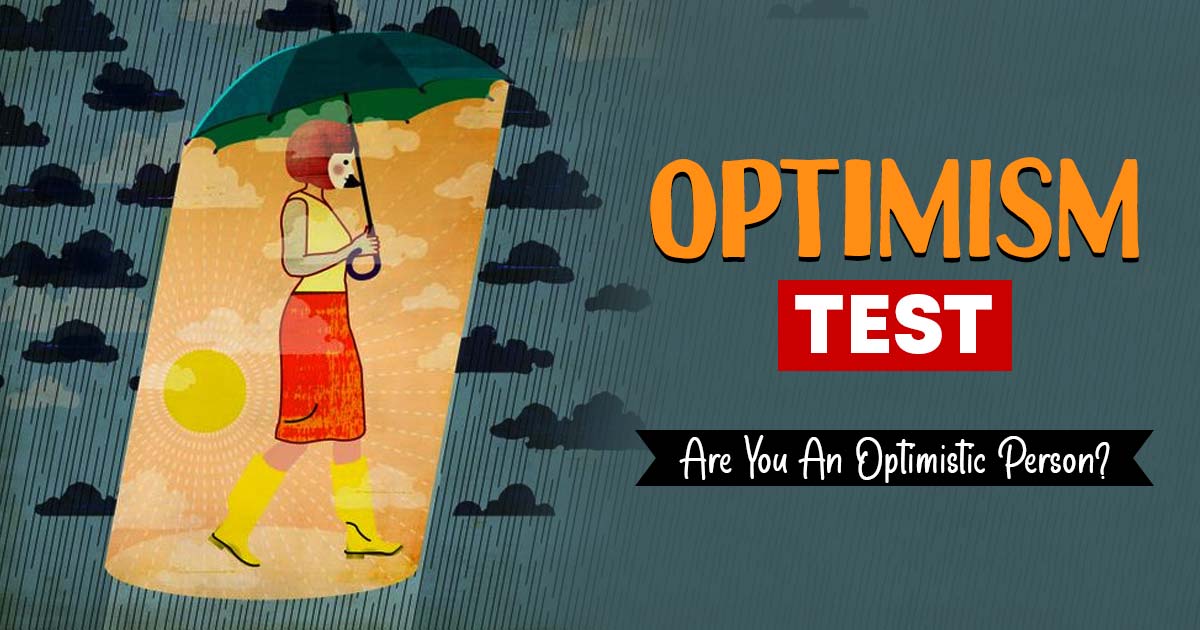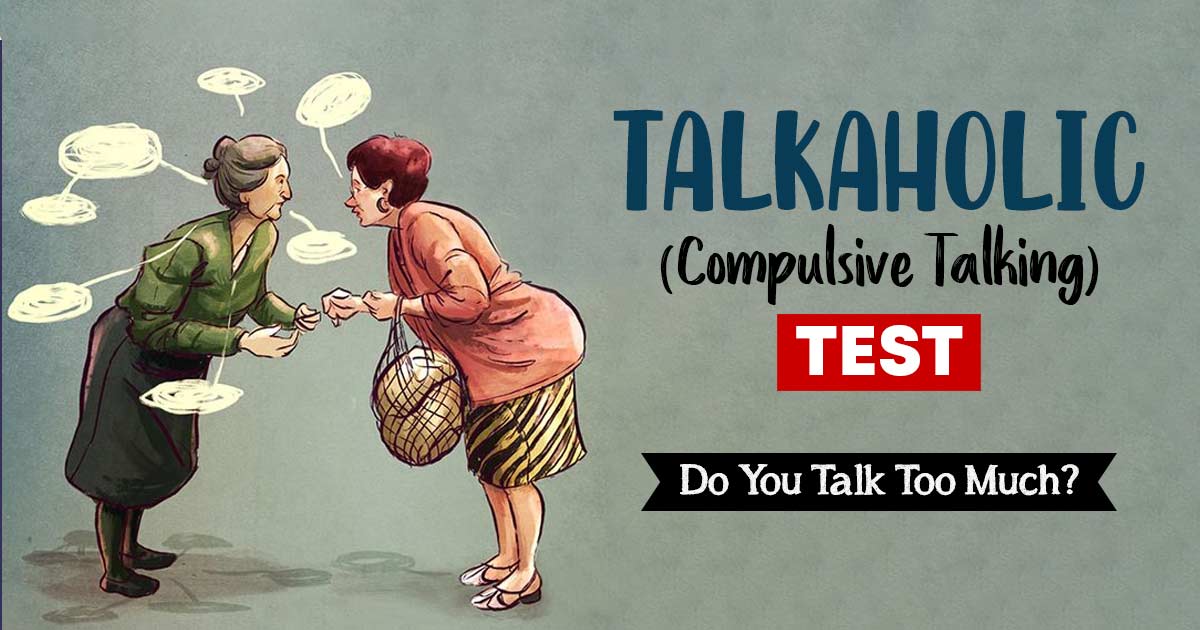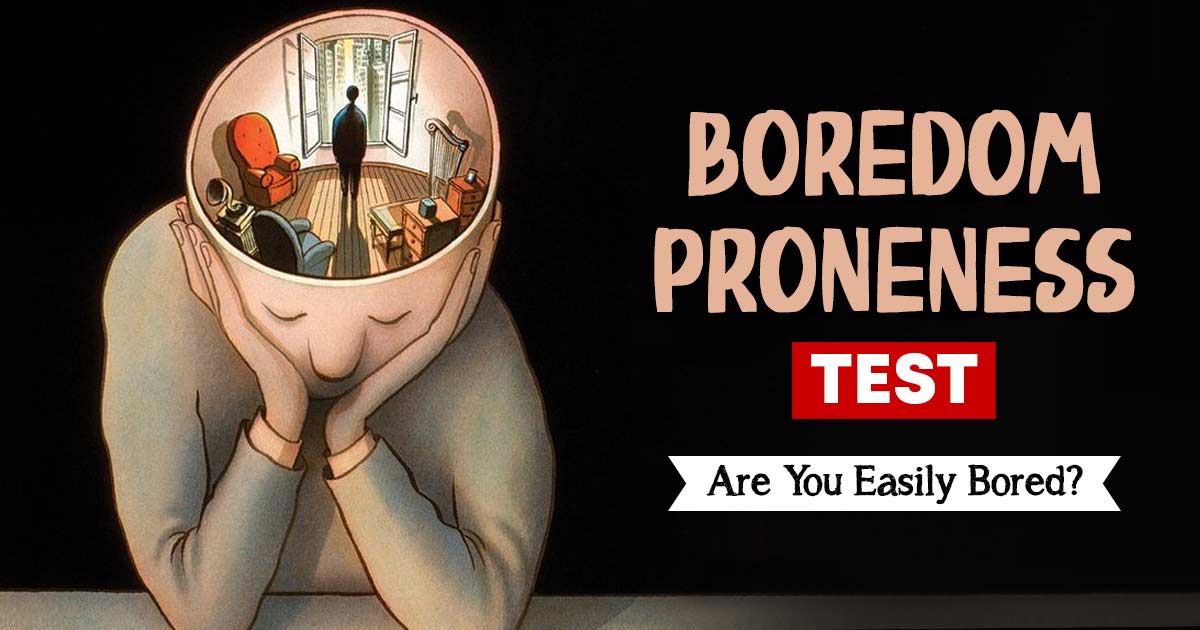Are you able to monitor your behavior and emotions in a social situation? Do you calculate the consequences of an action before stepping into it? Do you evaluate and implement feedback constructively? Or, do you always try to seek an effective way out of your problem? Take this self-monitoring test and know about your self-monitoring trait.
What Is Self-monitoring?
Self-monitoring is the process of observing and evaluating one’s thoughts, emotions, and behavior in order to gain insight into oneself and make positive changes. It involves paying attention to one’s actions and reactions in different situations and being aware of one’s strengths and weaknesses.
Self-monitoring can be used to improve performance, achieve goals, and manage emotions. In psychology, self-monitoring is often studied as a personality trait, which refers to the degree to which an individual assess the need of a situation and adapt to the changes accordingly.
People with high self-monitoring traits tend to have several qualities, including:
- Ability to assess and adapt behavior according to the need of the social situations and environments
- Awareness of one’s own emotions and can regulate them effectively
- Ability to assess consequences of an action
- Ability to read nonverbal cues such as facial expressions, tone of voice, and body language
- Able to evaluate the changes in skills and performances and work on upgrading that
Instructions For Taking Self-Monitoring Test
Below is a list of statements related to an individual’s self-monitoring trait. Please read each statement carefully and rate the extent to which these are relevant to you.
Please note: This self-monitoring test is a self-assessment.
Assessment Summary
0 of 15 Questions completed
Questions:
Information
You have already completed the assessment before. Hence you can not start it again.
Assessment is loading…
You must sign in or sign up to start the assessment.
You must first complete the following:
Results
Results
Your time:
Time has elapsed
You have reached 0 of 0 point(s), (0)
Earned Point(s): 0 of 0, (0)
0 Essay(s) Pending (Possible Point(s): 0)
Categories
- Mental Health Assessment 0%
-
Sign Of Low Self-monitoring Skill
Your score indicates that you have a low sign of self-monitoring. It is evident from your score that you might be a little capable of managing and adjusting your emotions and behavior according to the situational demands. Also, your score reflects that you might observe and understand to a few extents other individuals’ body language and facial expressions before approaching for relationships wIth them. It can be seen from your response that to a few extents, you might like to move in a step-by-step process for resolving a stressful situation and might able to present your opinion slightly in a convincing manner to others. Further, your score shows that you might like to work to a few extents on upgrading your skills and abilities after seeing the results of your actions.
However, it should be noted that your response would have a chance to impact your social, occupational, personal, and other areas of functioning.
Want to learn more?
Some strategies can help to improve an individual’s self-monitoring trait, such as paying attention to one’s behavior and others, setting goals, seeking and evaluating feedback, engaging oneself in learning from others, practicing mindfulness-based activities such as meditation, and yoga, and developing healthy habits of sleeping and diets. If you want to know how to improve your self-monitoring skill, talk to our professional psychologists.
You can use our Mood Tracker to stay mindful of your mood every day, and identify your innermost thoughts & emotions on a daily basis. It will help you in doing the things you love while limiting activities that might dampen your mood.
-
Sign Of Moderate Self-monitoring Skill
Your score indicates that you have a moderate sign of self-monitoring. It is evident from your score that you might be somewhat capable of regulating and adjusting your emotions and behavior according to situational demands. Also, your score reflects that you might frequently observe other individuals’ body language and facial expressions, and other behaviors before approaching for relationships wIth them. Further, it can be seen from your response that you might often think in a step-by-step process for resolving a stressful situation and might be somewhat able to put your opinion in a convincing manner to others. Further, your score shows that you might like to work sometimes on upgrading your skills and abilities after seeing the results of your actions.
However, it should be noted that your response would have a chance to impact your social, occupational, personal, and other areas of functioning.
Want to learn more?
Some strategies can help to improve an individual’s self-monitoring trait, such as paying attention to one’s behavior and others, setting goals, seeking and evaluating feedback, engaging oneself in learning from others, practicing mindfulness-based activities such as meditation, and yoga, and developing healthy habits of sleeping and diets. If you want to know how to improve your self-monitoring skill, talk to our professional psychologists.
You can use our Mood Tracker to stay mindful of your mood every day, and identify your innermost thoughts & emotions on a daily basis. It will help you in doing the things you love while limiting activities that might dampen your mood.
-
Sign Of High Self-monitoring Skill
Your score indicates that you have a high sign of self-monitoring. It is evident from your score that you seem to show a strong capability of regulating and adjusting your emotions and behavior effectively according to situational demands. Also, your score reflects that you seem to closely observe other individuals’ body language and facial expressions as well as behavior before approaching for relationships wIth them. Further, it can be seen from your response that you tend to mostly think in a step-by-step process to resolve stressful situations and seem to show a high capability to present your opinion in a convincing manner to others. Further, your score shows that you mostly seem to work on upgrading your skills and abilities after checking on the results of your actions.
However, it should be noted that your response would have a chance to impact your social, occupational, personal, and other areas of functioning.
Want to learn more?
Some strategies can help to improve an individual’s self-monitoring trait, such as paying attention to one’s behavior and others, setting goals, seeking and evaluating feedback, engaging oneself in learning from others, practicing mindfulness-based activities such as meditation, and yoga, and developing healthy habits of sleeping and diets. If you want to know how to improve your self-monitoring skill, talk to our professional psychologists.
You can use our Mood Tracker to stay mindful of your mood every day, and identify your innermost thoughts & emotions on a daily basis. It will help you in doing the things you love while limiting activities that might dampen your mood.
- 1
- 2
- 3
- 4
- 5
- 6
- 7
- 8
- 9
- 10
- 11
- 12
- 13
- 14
- 15
- Current
- Review
- Answered
- Correct
- Incorrect
-
Question 1 of 15
1. Question
I am cautious about my behavior when I meet others.
-
Question 2 of 15
2. Question
I am aware of my own emotions and can manage them well.
-
Question 3 of 15
3. Question
I am able to read nonverbal cues such as body language and the facial expressions of others.
-
Question 4 of 15
4. Question
I can assess the need of a particular situation and make changes according to it.
-
Question 5 of 15
5. Question
I can work on assessing the effective solution to a problem.
-
Question 6 of 15
6. Question
I closely observe others and monitor them before making relationships with them.
-
Question 7 of 15
7. Question
I think in a step-by-step process what needs to be done in stressful situations.
-
Question 8 of 15
8. Question
I pay close attention to criticism and feedback and try to implement those in my actions.
-
Question 9 of 15
9. Question
I am able to predict the consequences of my actions.
-
Question 10 of 15
10. Question
I am able to present my ideas and opinions in a clear and convincing manner.
-
Question 11 of 15
11. Question
I am able to check and assess the time taken for a task.
-
Question 12 of 15
12. Question
I am able to organize my belongings and documents.
-
Question 13 of 15
13. Question
I am able to monitor and assess the needs and desires of others.
-
Question 14 of 15
14. Question
I am able to assess and evaluate new ideas and experiences before working on them.
-
Question 15 of 15
15. Question
I can evaluate myself when I make an upgrade to my skills and abilities.

